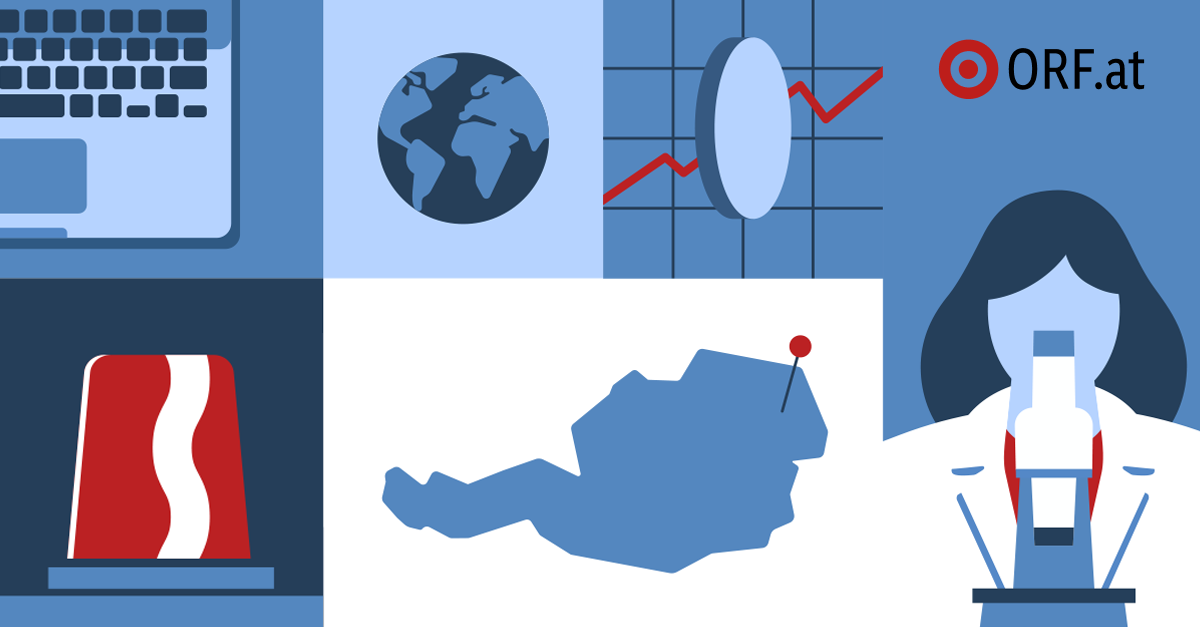At the meeting of EU interior ministers in Luxembourg earlier this afternoon, there are no signs of a quick conclusion to negotiations on the reform of the Common European Asylum System (CEAS). Positions on the two core issues – namely the distribution of asylum seekers and the preliminary examination of asylum applications from people with little chance of being admitted to the EU’s external borders – still sometimes differ.
For example, Germany wants to prevent families with children from being subjected to summary proceedings after illegally crossing the border in conditions similar to detention. Italy, where a particularly large number of migrants arrive, considers the provisions laid down for greater solidarity to be insufficient and would like greater flexibility.
According to the dpa, countries such as Austria and the Netherlands have emphasized that some of the rules designed to more effectively fight illegal migration do not go far enough for them. It is not yet clear whether Austria will agree to the proposal on the obligatory solidarity table with member states that are overburdened. This proposal provides that States can “buy themselves free” from accepting asylum seekers. The payment of compensation of around €20,000 per asylum seeker was recently discussed.
Agreement “not at any price”
The Swedish Presidency of the Council of the EU will decide later today whether to hold a vote. A prerequisite for a decision on the plans is that 15 of the 27 member states vote yes, so these must together represent at least 65 percent of the total EU population. Then there would have to be negotiations with the EU Parliament.
Before the meeting, German Interior Minister Nancy Faeser (SPD) saw a “chance” for an agreement, but not at “any price”. Interior Minister Gerhard Karner (ÖVP) called for “faster, stricter and therefore fairer procedures at the EU’s external borders” ahead of the meeting.
External border procedures must initially apply to migrants from countries that have an average EU recognition rate of less than 20%, such as countries such as Turkey and India. Most refugees – from Syria, Afghanistan and Sudan, for example – should continue to be entitled to normal procedures.
Karner again asks for asylum procedures in third countries
Once again, Karner spoke out in favor of asylum procedures in safe third countries – a requirement that UN human rights commissioner Volker Türk had recently warned against. Karner also stressed that Austria had shown solidarity in the past and was “excessively overstretched”.
Confidence prevailed ahead of the meeting in Spain, for example: Spanish Interior Minister Fernando Grande-Marlaska said today was the time for a breakthrough. EU Interior Commissioner Ylva Johansson compared the negotiations to a marathon where we still have “perhaps a hundred meters to go”. “We’re so close,” Johansson said.

